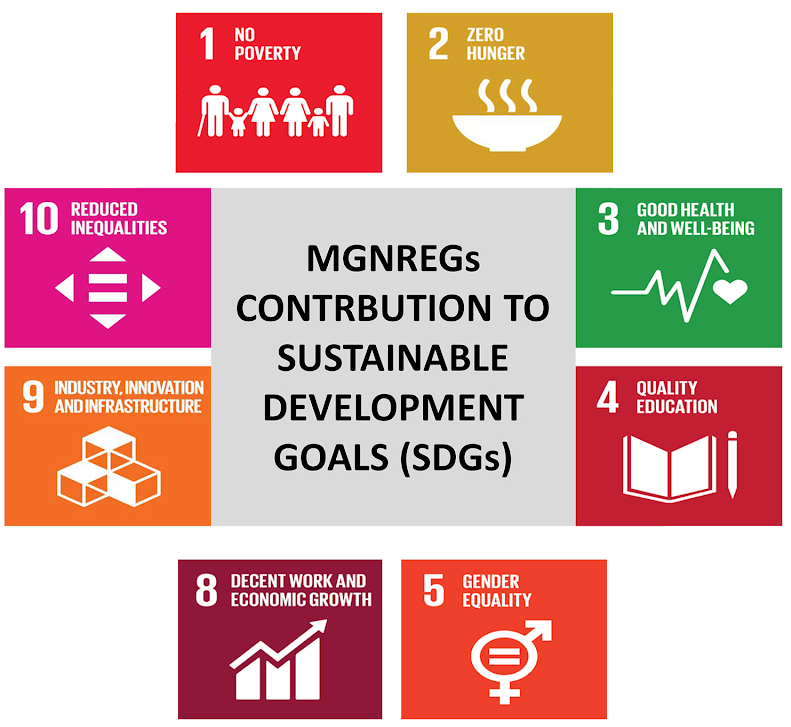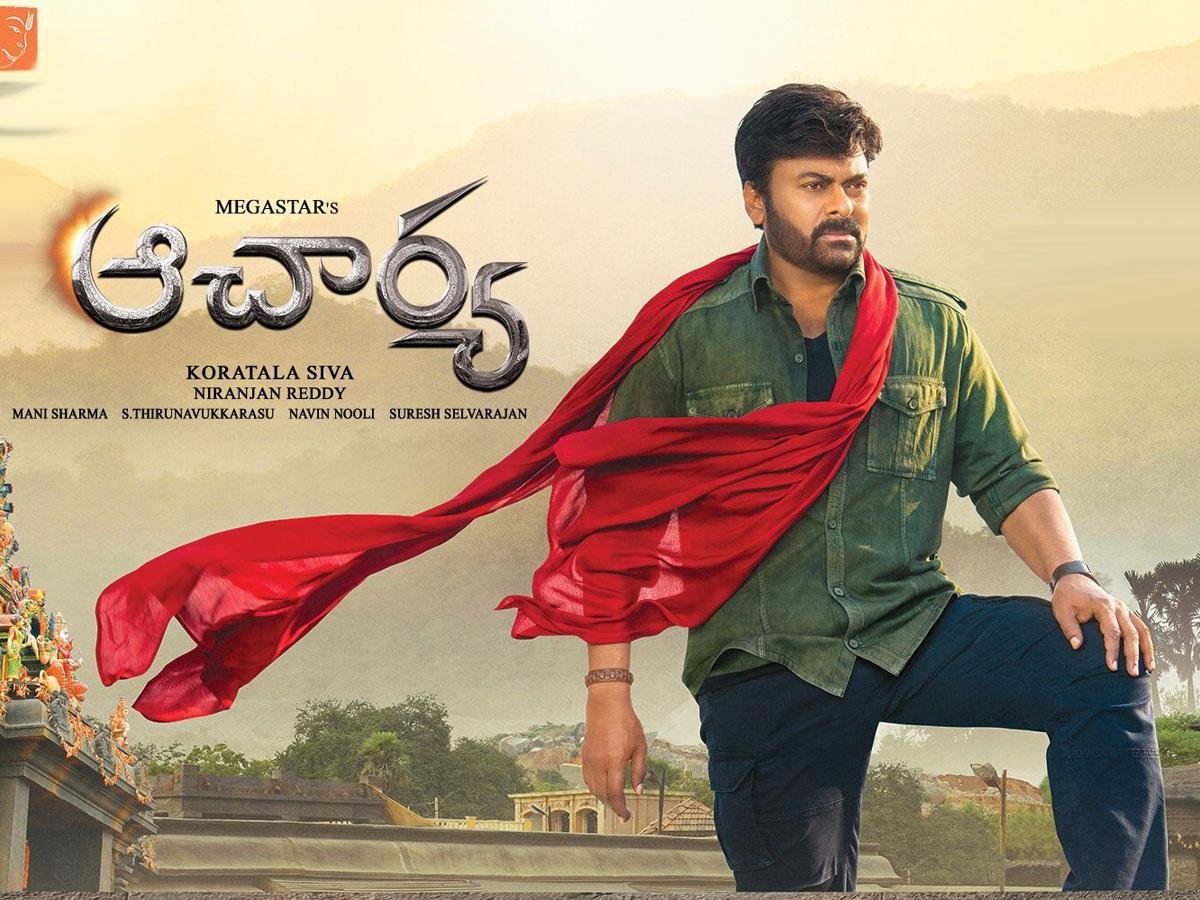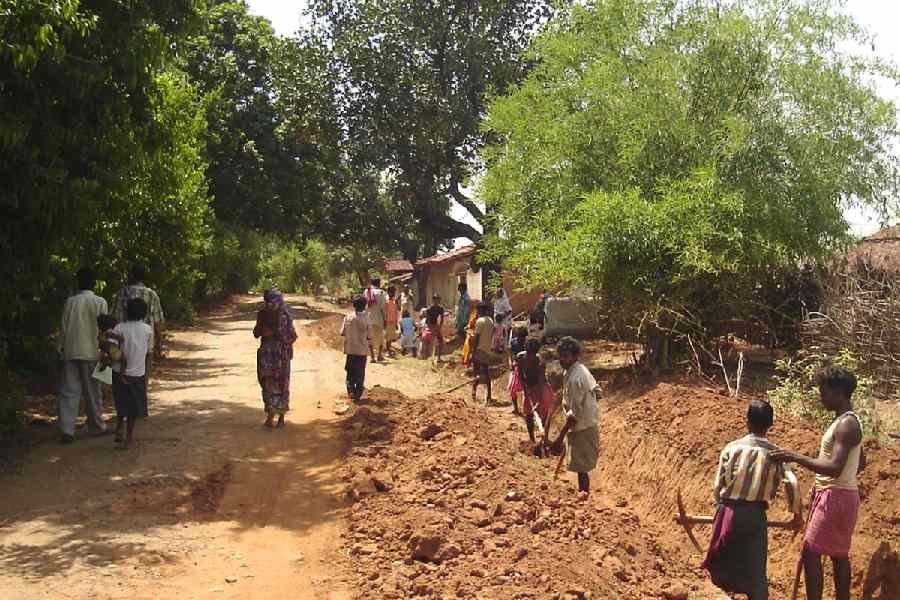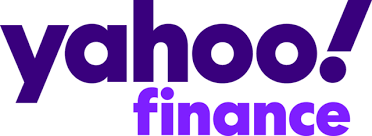The Mahatma Gandhi Public Provincial Work Assurance Act (MGNREGA) is a government-backed retirement and business-age program executed by the Service of Rustic Improvement in India. The act was initially called the National Rural Employment Guarantee Act (NREGA) when it was enacted in 2005, but it was later renamed after Mahatma Gandhi in 2009.
Key features of the Mahatma Gandhi NREGA include:
Assurance of Business:
The essential target of MGNREGA is to improve the occupation security of individuals in rural regions by ensuring 100 days of compensation work in a monetary year to each provincial family whose grown-up individuals volunteer to accomplish untalented manual work.
Focus on Rural Development:
Empowerment of Women:
- The program aims to create durable assets and strengthen the livelihood resource base of the rural poor.
- This includes activities like water conservation, irrigation, rural connectivity, afforestation, and other works that contribute to rural development.
- MGNREGA gives special emphasis on women’s participation in the workforce.
- At least one-third of the beneficiaries are women, and efforts are made to ensure that they get equal wages and work opportunities.
Decentralized Planning:
- The act promotes decentralized planning and decision-making.
- Gram Sabhas (village assemblies) play a crucial role in the planning, implementation, and monitoring of the works under MGNREGA.
Payment of Wages:
- Wages under the MGNREGA are to be paid within 15 days of the completion of the work.
- If the government fails to provide employment, it is liable to pay an unemployment allowance to the affected persons.
Social Audit:
- The act includes provisions for social audit, which involve the community in the monitoring of the program to ensure transparency and accountability.
The Ministry of Rural Development is responsible for the overall implementation and monitoring of MGNREGA across the country. The program has had a significant impact on rural employment, poverty alleviation, and infrastructure development in rural areas. However, it has also faced challenges such as delayed payments, corruption, and issues related to the quality and sustainability of assets created. Efforts are continually made to address these challenges and improve the effectiveness of the program.
The Mahatma Gandhi Public Provincial Work Assurance Act (MGNREGA) is a milestone social government assistance and business age program in India.
Here are some key points about MGNREGA:

Objective:
The essential objective of MGNREGA is to improve the vocation security of individuals in provincial regions by giving something like 100 long periods of guaranteed wage work in a financial year to every family whose adult people volunteer to achieve unskilled manual work.
Scope:
The program covers all rural areas across India, making it one of the largest public works programs in the world.
Types of Work:
- MGNREGA focuses on creating productive and sustainable assets.
- The types of work under the program include water conservation, drought-proofing, irrigation, rural connectivity, and various other forms of infrastructure development.
Empowerment of Women:
- MGNREGA has a special emphasis on women’s participation.
- It mandates that at least one-third of the beneficiaries should be women, and efforts are made to ensure gender equality in wages and work opportunities.
Decentralized Planning:
- The program promotes decentralized planning through the involvement of local self-government institutions such as Gram Panchayats and Gram Sabhas.
- Local communities have a significant role in the planning, implementation, and monitoring of the works.
Installment of Wages:
- Laborers under MGNREGA are qualified to accept their wages within 15 days of the consummation of the work.
- On the off chance that the public authority neglects to give work, it is committed to paying a joblessness recompense.
Social Audit:
- MGNREGA incorporates the concept of social audit, which involves the active participation of the community in the monitoring and evaluation of the program.
- This is aimed at ensuring transparency and accountability.
Electronic Fund Management System (e-FMS):
To streamline the payment process, MGNREGA uses an electronic fund management system, which helps in ensuring timely and direct payments to the workers.
Challenges:
- The program has faced challenges such as delays in wage payments, issues related to the quality of assets created, and instances of corruption.
- Efforts are ongoing to address these challenges and improve the effectiveness of the program.
MGNREGA has played a crucial role in providing employment opportunities, reducing poverty, and creating rural infrastructure in India. It has been praised for its potential to empower rural communities and enhance their economic well-being.
Internal link: atzworld







